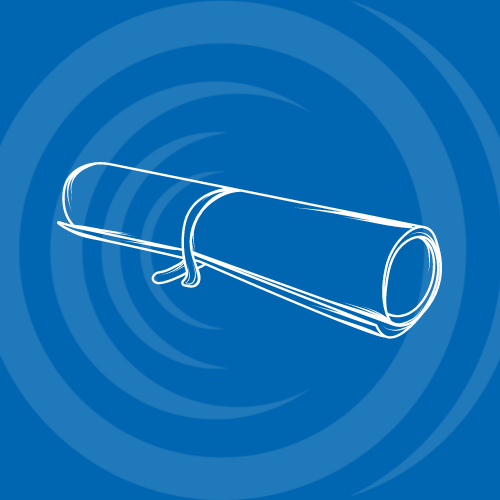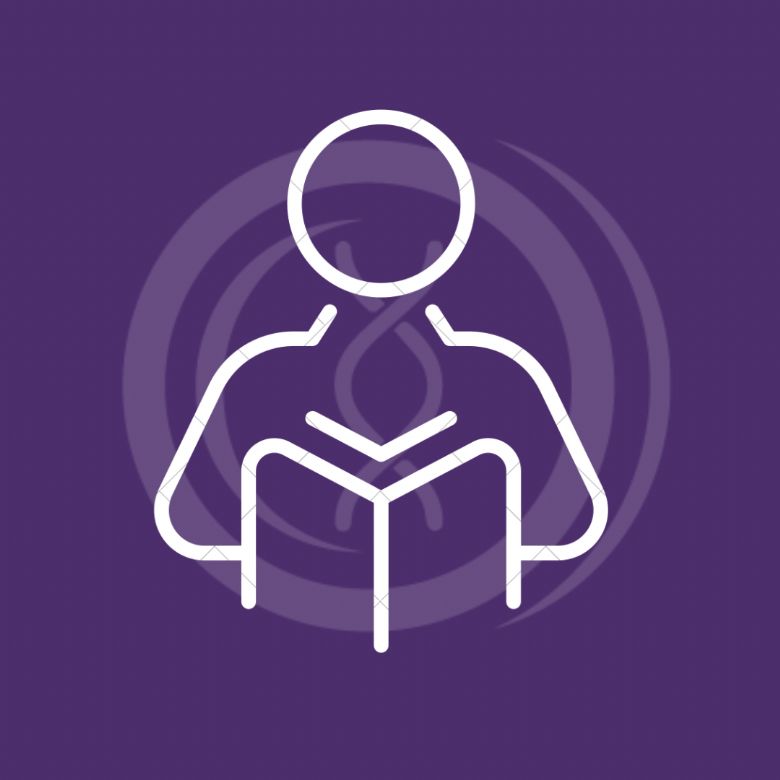Personal Development Overview
We believe that all students have an entitlement to Personal Development that prepares young people for the world in which we live today; providing opportunities which contribute towards developing strength of mind and strength of character.
At Ellesmere Park High School, it is our moral duty to ensure that we provide students with the essential knowledge, skills and character virtues they need to positively contribute to society and lead a healthy, flourishing lifeway beyond the gates of Ellesmere Park High School.
There are seven strands to the Curriculum for Life at Ellesmere Park High School:
- PSHE
- The Wider-Curriculum
- Careers Education, Information and Guidance (CEIAG)
- The Inspire Programme
- Form time
- Assemblies
- LEARN and CREDIT System
Personal Development enables students to develop their Cultural Capital by having opportunities to try new activities, develop new or existing talents, skills and interests and to develop their confidence and character by taking on leadership opportunities.
The activities they can experience will contribute to our curriculum aims to “equip every child with the knowledge, skills, and personal qualities in order to reach the limits of their capability, regardless of their background, additional needs, experience or social privilege” so students “achieve success now and in the next phase of their education and life; making a positive contribution to their community and to society.”
The Curriculum for Life at EPHS is underpinned by the core values of Consilium Academies. We ensure these core values are at the heart of all we do.
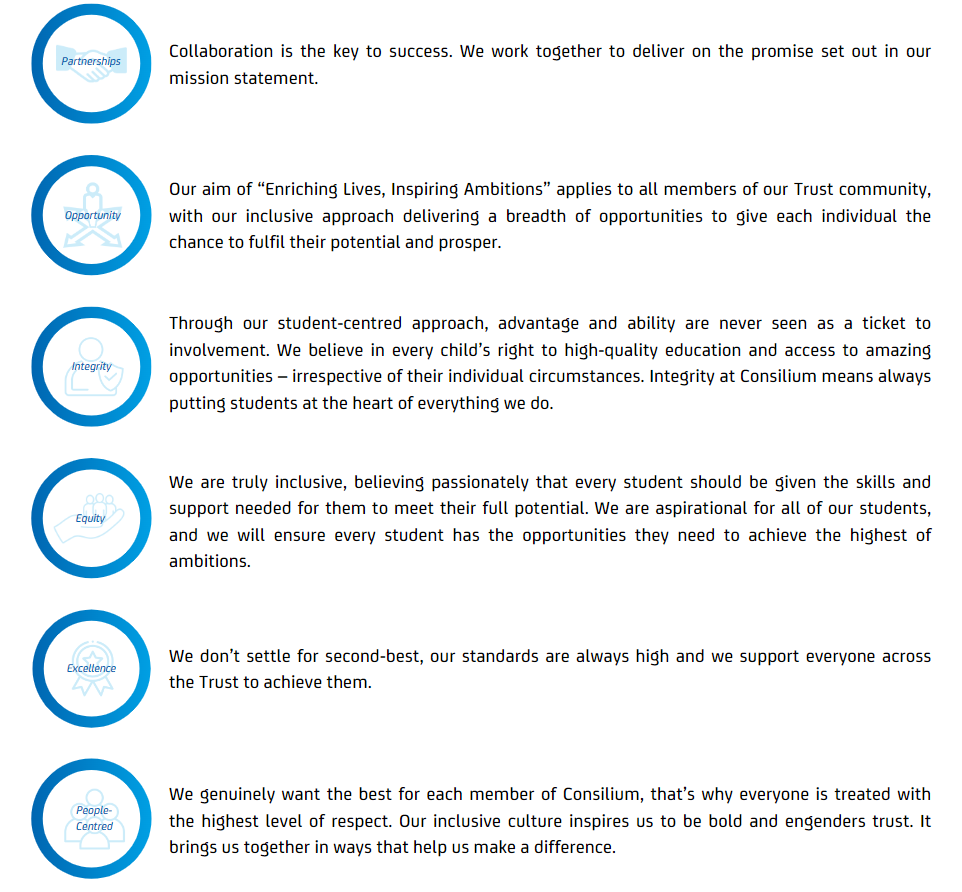
The Personal Development Strands
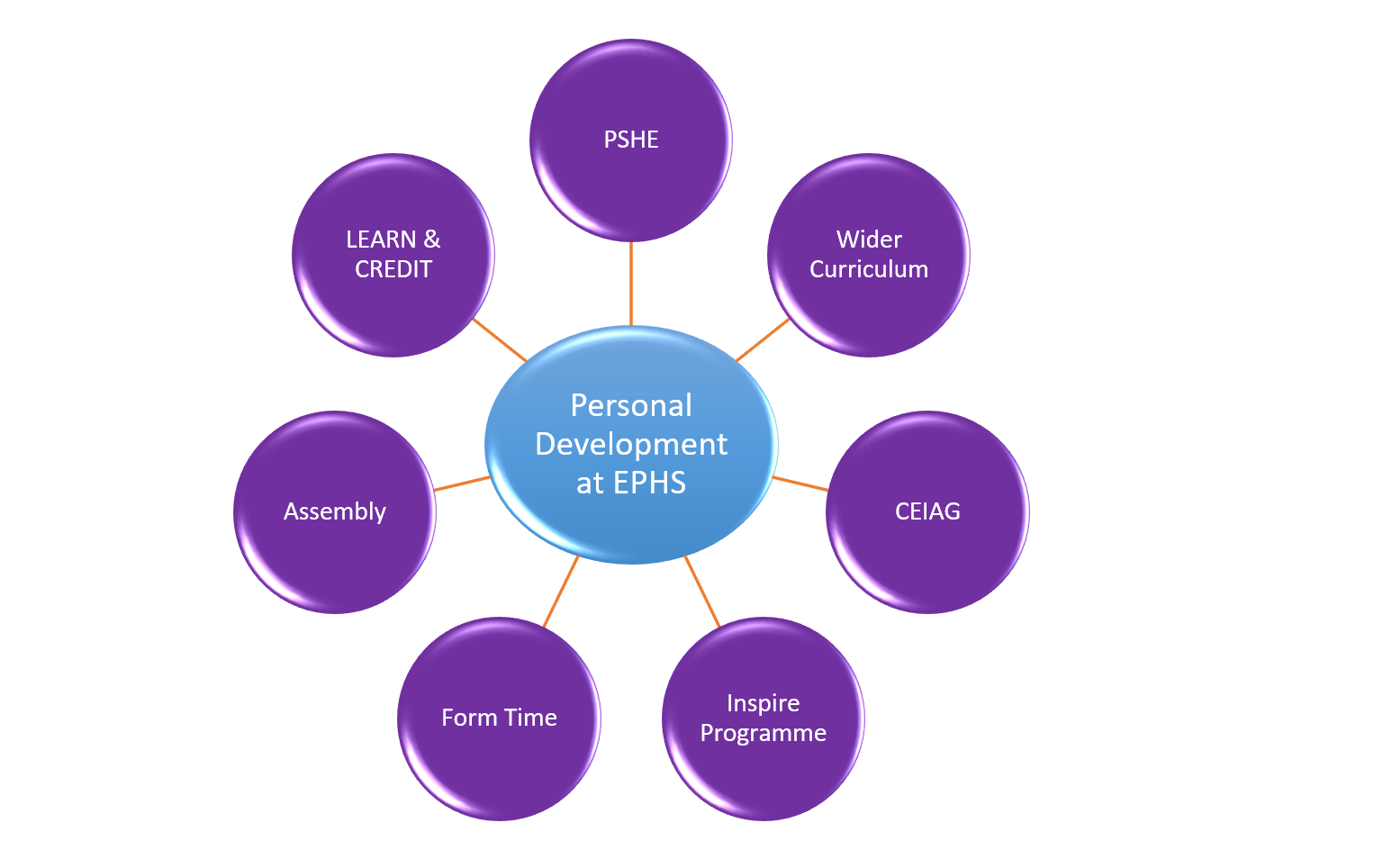
PSHE
All students take part in a weekly PSHE lesson. The ambition of the PSHE Curriculum is
- To create happy and successful adults, who can make informed decisions and build their self-efficacy.
- To help students to apply knowledge and skills gained in the classroom in real life situations.
- To deliver high quality and evidence-based age-appropriate teaching.
The PSHE curriculum page maps the topics covered and shows how topics spiral to build on prior knowledge in an age-appropriate way.
Wider-Curricular Offer
Throughout the year there will be a wide range of opportunities for students to take part in outside of curriculum lessons. We encourage all students to take part in the many wider-curricular opportunities on offer. As a school we track the take-up of these activities to ensure equity of access and staff will encourage all children to seek out these opportunities. The ambition is to use this tracking data alongside pupil voice to monitor trends for individual or groups of students to ensure it is fit for purpose and in-line with student interests.
The wider curricular offer gives students opportunities to develop their interests and skills and to spend time with their peers outside the classroom in structured activities that build character and cultural capital. The wider curriculum includes enrichment opportunities, trips and visits, sporting activities, after school clubs and leadership opportunities. The wider curriculum feeds in to the Inspire Programme – detailed below.
Careers Education Information and Guidance
Our Careers Information and Guidance programme gives students opportunities to see the wider world and develop their knowledge and experiences to support their decisions in life. Students receive a balance of academic and technical advice and guidance. It is a programme that is informed by the local labour market and responds flexibly to the needs of the students and the opportunities available to guide and support students in shaping their own ambitious futures. We give students the opportunity to speak to employers from a range of sectors and work closely with the Careers and Enterprise Company, GM Higher, local providers and colleges. We encourage and welcome visitors to our school on a regular basis.
The Inspire Programme
The Inspire Programme encourages all students to develop their experiences and cultural capital through engaging in a wide range of activities, including taking on leadership opportunities. Within each Key Stage (7,8,9 & 10,11) there is a Bronze, Silver and Gold award for students to complete, each award is dependent on the number of activities completed. In addition to this, there is a Platinum Award at KS3 and a Platinum Leaders Award at KS4 – these awards are for students who have gone beyond the bronze, silver and gold awards and have demonstrated sustained commitment to personal development through either an extended time volunteering, leading a project of their own design or commitment to a self-development activity. The Inspire Programme is linked to the school reward system at each stage to reward students who demonstrate their commitment to the programme.
Form Time and Assemblies
AT EPHS we value the time at the start of each day where students have the opportunity to meet with their year team and in particular their form group/tutor to discuss and develop their knowledge and skills academically and provide time for personal development. Focus areas include, British Values, local and national current events/issues, leadership opportunities, debating with peers, building positive and supportive relationships, celebrating achievements and reflecting on areas for development. Form time is also an opportunity to remind students of the importance of positive behaviours, excellent attendance and being prepared for each school day.
L.E.A.R.N & C.R.E.D.I.T
We expect all our students to be engaged in their learning in every lesson. During every lesson we follow the L.E.A.R.N classroom expectations to enable students to be the best they can be. To go alongside L.E.A.R.N we need to ensure we are rewarding students for their fantastic attitudes, work ethic and contribution to life at EPHS The C.R.E.D.I.T rewards system allows us to reward and monitor students positivity.
All students are expected to:
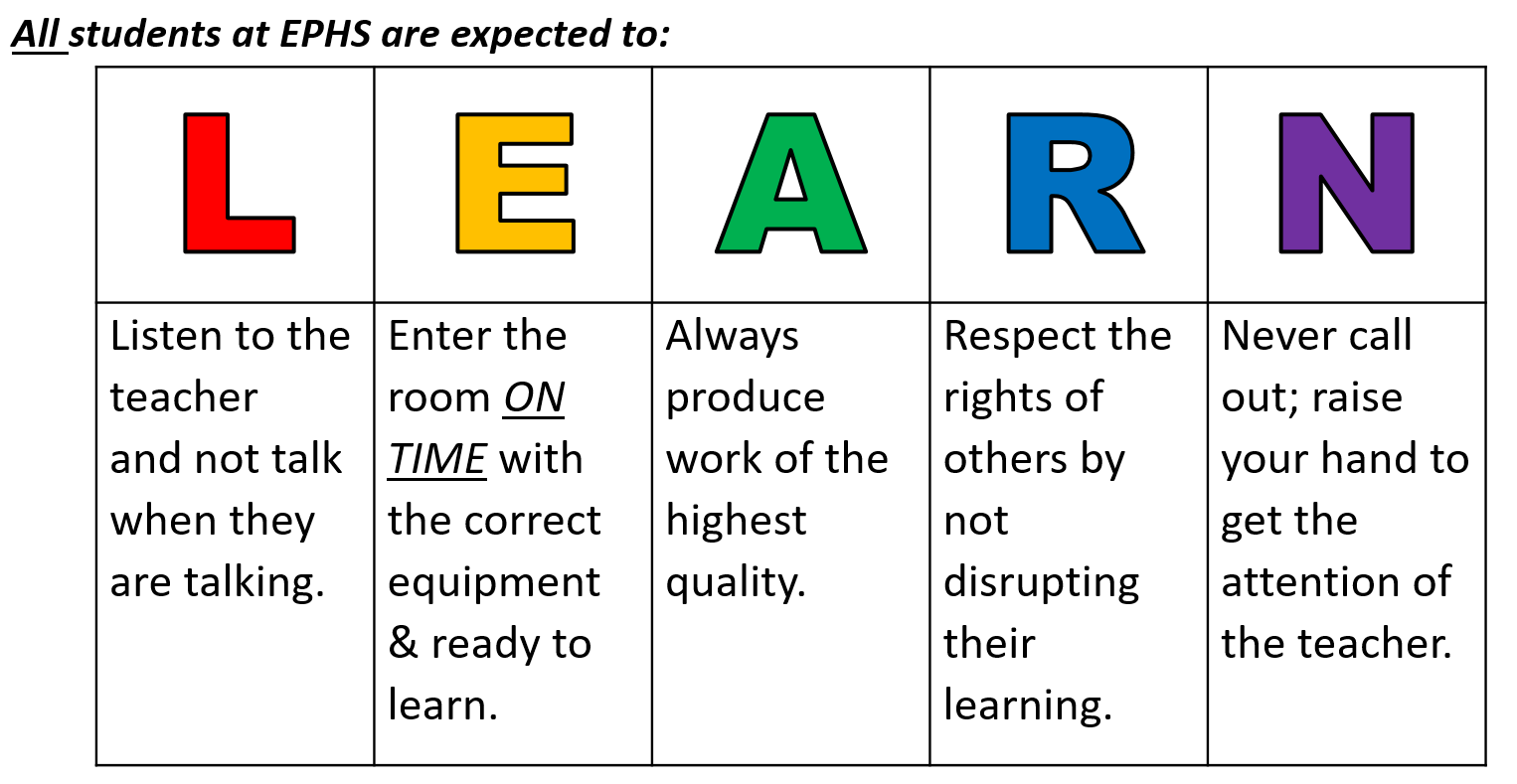
All students are rewarded for:
|
C onfidence |
Answering questions and proposing ideas, whether they are right or wrong. |
|
R espect |
Being polite and having good manners. Supporting other students with their learning or helping teachers with jobs. |
|
E nhance |
Improving grades, or having consistent good grades. Producing high quality classwork and homework. |
|
Dtermination |
Not giving up when given a hard task. Being resilient. |
|
Independence |
Showing initiative and doing things which are independent (e.g. learning, extracurricular activities, extra homework) |
|
T eamwork |
Showing that students can work well in teams successfully in a functional way. This may include group classwork and group presentations. |

